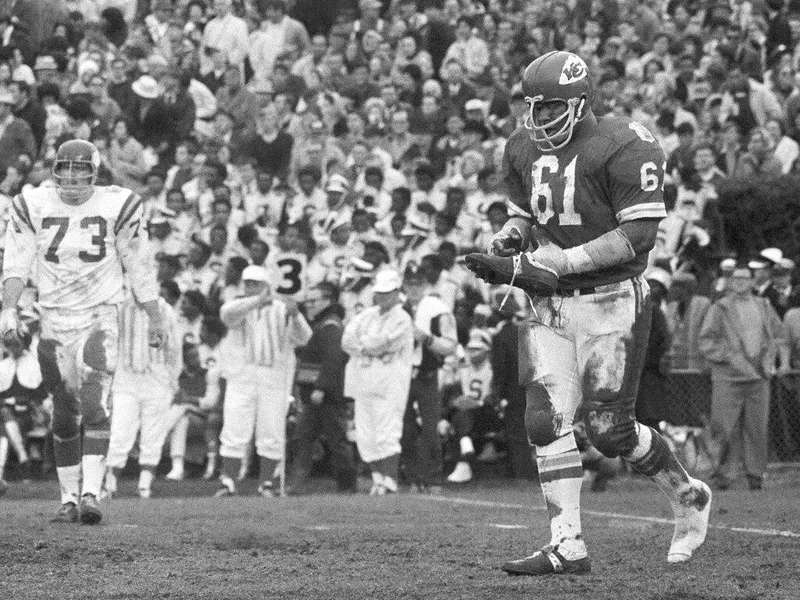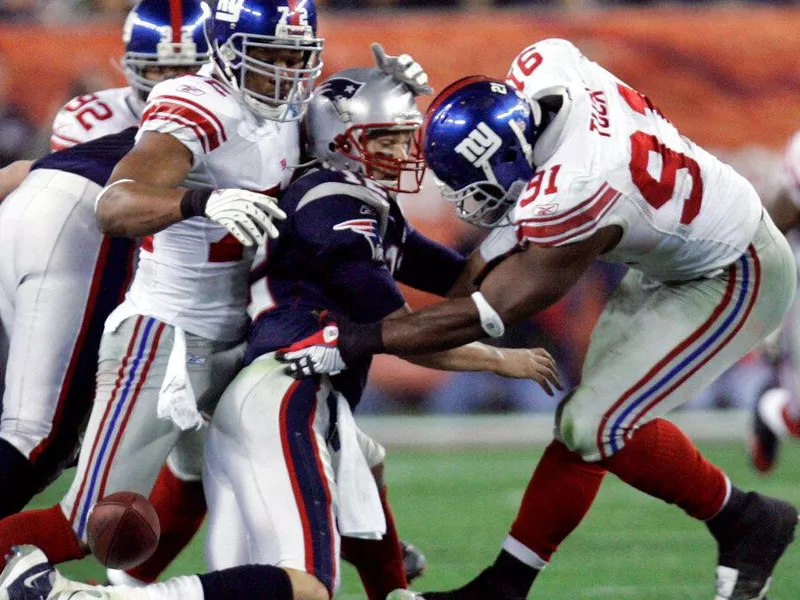The Super Bowl is the sporting event that people bet on the most. In 2024, an estimated 68 million American adults (roughly 25 percent of the population) are said to place bets on the Super Bowl, setting a record of $23 billion being wagered, according to the gambling industry’s national trade association. In this creme de la creme moment of sports betting, several wagers are often placed on the spread, aka the number of points by which the winning team is expected to triumph.
The favored team is listed with a minus (-) sign before the number of points they’re projected to win by, while the underdog team has a plus (+) sign before the number of points by which they’re expected to lose. So, if the 49ers are favored by 2.5 points to win, then they would need to win by at least 3 points for those betting on them to be winners. Of course, the larger the spread, the less competitive the game is expected to be.
In recent years, the Super Bowl spreads have been much smaller, with most just being a few points. But over the years, several Super Bowls had spreads in the teens — even more interesting, a lot of these were also the games with the biggest upsets. Intrigued? Let’s check out the biggest Super Bowl spreads in NFL history.
8. Super Bowl IV: Vikings (-12 Points) (Tie)

AP Photo
Year: 1970
Match up: Kansas City Chiefs vs. Minnesota Vikings
Score: 23-7
Winner: Chiefs
The fourth Super Bowl was the last one played before the American Football League (AFL) merged with the National Football League (NFL). The NFL’s Vikings faced the AFL’s Chiefs in New Orleans, Louisiana. Minnesota was favored by 12 points, as the Vikings came into the game with a 12-2 regular season record, leading the NFL in total points scored (379) and fewest points allowed (133). The Chiefs, however, had a tough season, with star quarterback Len Dawson out for six games with a knee injury.
Three field goals in the first and second quarters — including an impressive-for-the-times, 48-yard kick — had the Chiefs leading 9-0 before they scored another touchdown heading into halftime. While the Vikings gained some momentum in the third quarter with another touchdown, the Chiefs responded quickly. And the Chiefs’ defense kept the Vikings from recovering in the fourth quarter. Needless to say, anyone betting on this game either won big or lost big.
* Super Bowl spread stats sourced from BetFirm.
8. Super Bowl XLII: Patriots (-12 Points) (Tie)

David Duprey / AP Photo
Year: 2008
Match up: New England Patriots vs. New York Giants
Score: 17-14
Winner: Giants
It’s funny to think back to a time when critics were doubting the potential of one of the Manning brothers, but Eli was having trouble finding his groove in his first three seasons. And by the 2007 season, people were still having doubts, especially when he was set to play against Tom Brady in his prime for the Patriots, which was already being called the greatest team in NFL history. Not only was it the Patriots’ fourth Super Bowl since 2001, but they also managed to have a perfect 16-0 record in the regular season.
To the surprise of just about everyone, though, Manning gained momentum in the playoffs, and the two teams played neck and neck throughout the big game until David Tyree’s memorable “Helmet Catch” play in the fourth quarter that sealed the Giants’ fate.